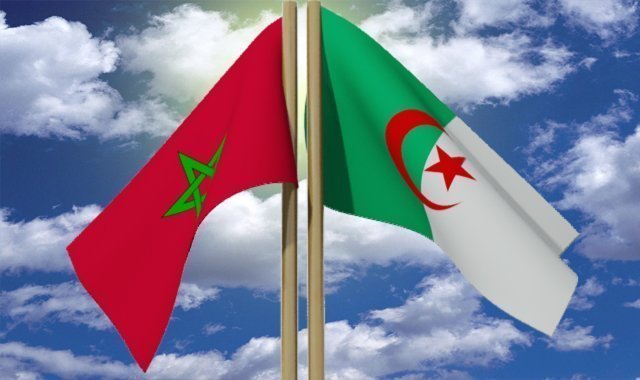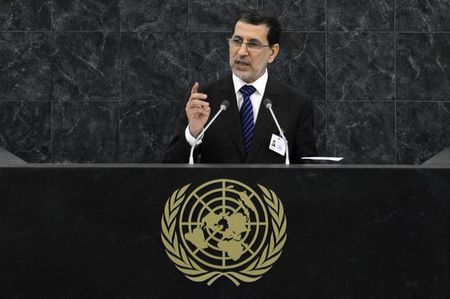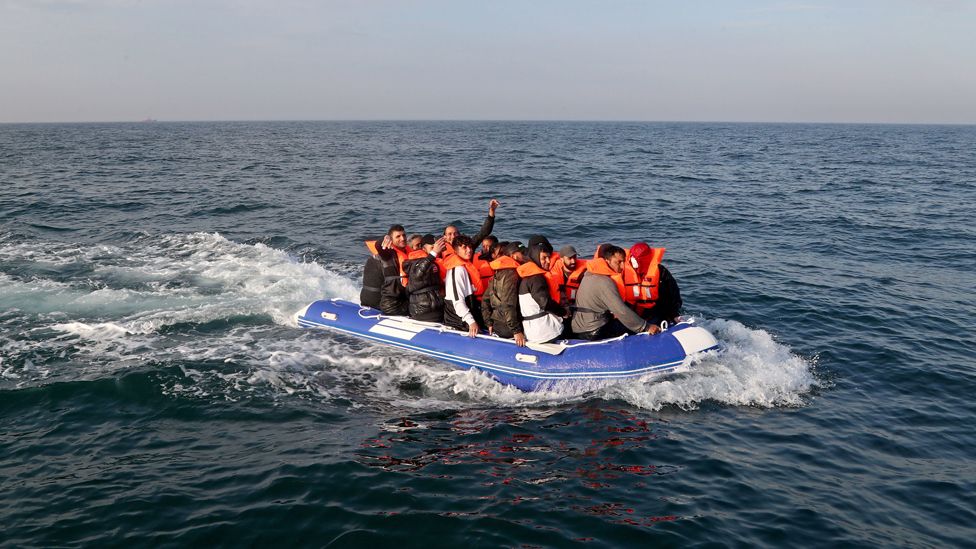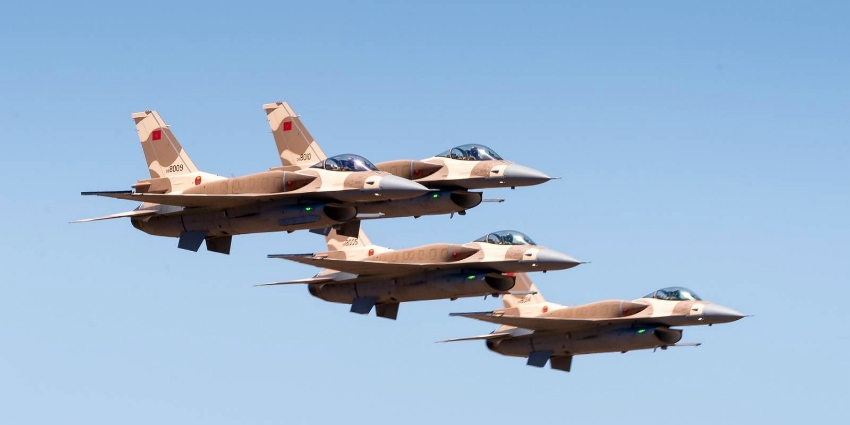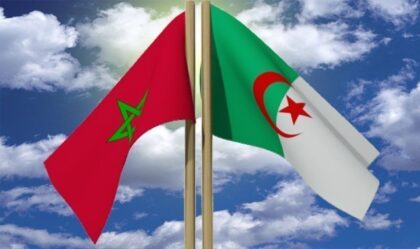 Algeria’s unilateral decision to severe diplomatic relations with Morocco has been deplored by several countries, international organizations and analysts as harmful to the interests and stability in North Africa.
Algeria’s unilateral decision to severe diplomatic relations with Morocco has been deplored by several countries, international organizations and analysts as harmful to the interests and stability in North Africa.
In this context, the French government had expressed its regret over the Algerian hasty decision, calling for restraint and a return to dialogue, urging Algeria to calm its actions in the interest of “stability” in North Africa.
The deputy spokesman for the French Foreign Ministry stated France remained committed to “stability and prosperity” between Morocco and Algeria.
The deputy spokesman urged dialogue between the two countries, in an attempt to develop a bilateral solution. He further labelled Morocco and Algeria as “essential partners of France.”
French diplomat, Gérard Araud, on his part mocked the Algerian decision to cut diplomatic relations with Morocco as a derisory move.
The diplomat who was his country’s representative to the United Nations and ambassador to Israel and the United States described the derisory decision as worth featuring in a comic series if it were not unfortunate and pitiful.
France’ statements on the situation echoed the sentiments reflected by other international parties, as officials around the world are urging for communication between the two North African nations.
In this context, the United Nations has called on Morocco and Algeria to engage in dialogue with the UN Spokesman Stephane Dujarric urging the two countries to “move forward” in fixing relations.
In a statement Wednesday, Stephane Dujarric urged the two countries to find a mutual solution to the crisis.
“Secretary-General of the United Nations encourages the two neighboring countries to find a way to move forward” from the current tensions. He emphasized the need for regional stability, and highlighted the necessity of maintaining peace and security” in the Maghreb, Dujarric said in the statement.
Several Arab states, including Saudi Arabia, the United Arab Emirates, and Bahrain have echoed this concern, deploring Algeria’s decision to sever diplomatic ties with Morocco.
The Saudi Foreign Affairs Ministry said in a statement it regretted the apparently deepening hostility between the two North African countries.
The statement added that Saudi Arabia hopes for the restoration of relations between Rabat and Algiers, urging the two countries to give dialogue top priority in order to resolve their political divergences.
The Organization of Islamic Cooperation (OIC) has joined its voice to the countries and organizations deploring the Algerian decision.
The OIC urged the two Maghreb countries to engage in dialogue to find solutions to their tension, emphasizing the important role of both countries within the pan-Islamic organization.
The UAE also deplored Algeria’s decision to sever diplomatic ties with Morocco and Algeria.
In a statement, the UAE Foreign Minister Sheikh Abdullah Bin Zayed Al Nahyan, said his country is committed to the strength of positive Arab relations, their unity and development to serve the interests of brotherly peoples and strengthen their prosperity.
The UAE, which has always worked to deepen and strengthen Arab relations, deplores the ongoing developments between Algeria and Morocco, and the breakdown of diplomatic relations between the two countries, the Foreign Minister said in his statement, posted on the website of the ministry.
He recalled that his country “maintains strong, brotherly relations with the two countries and seeks to develop them in accordance with the approach supporting all joint efforts which serve Arab causes.
Bahrain, for its part, called for the settlement of disputes between the two countries, in accordance with the content of King Mohammed VI’s speech.
In a statement released on Wednesday, the Bahraini Foreign Ministry stressed that Manama is keen on the solidity of Arab relations and their strengthening, emphasizing the need to resolve the contentious issues between Morocco and Algeria through the fraternal dialogue, in accordance with the content of King Mohammed VI’s speech.
Since King Mohammed VI took power, he adopted a discourse of reconciliation, cooperation and union. Most recently, in a speech on the occasion of the Throne Day celebrated end of July, the King reaffirmed Morocco’s willingness to open borders and work together with Algeria to improve relations to best interest of the two brotherly peoples. But the call fell on deaf ears together with the offer to send two Canadair firefighters to help extinguish fires that ravaged Northern Algeria.
Algeria had unilaterally announced on Tuesday, August 24, 2021, the severance of diplomatic relations with Morocco.
In his diatribe announcing the decision, Algerian FM Ramtane Lamamra used fallacious arguments and a rhetoric imbued with victimization evoking what he described as Moroccan attacks since his country’s independence.
The Algerian regime’s accusations reached an absurd level blaming fires and instability in Algeria on Morocco, and claiming that the Kingdom was backing an independence movement in Kabylie region called MAK, and spied on Algerian officials using an Israeli spyware.
However, Algeria’s argument cannot convince neither the international community nor the Algerian public opinion. Everybody knows that Algeria, beset by an endemic economic crisis, seeks a scapegoat and that by pinning all its failures on Morocco, it portrays itself as a weak state embroiled in endless conspiracy theories.
